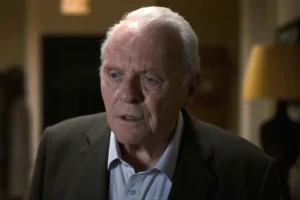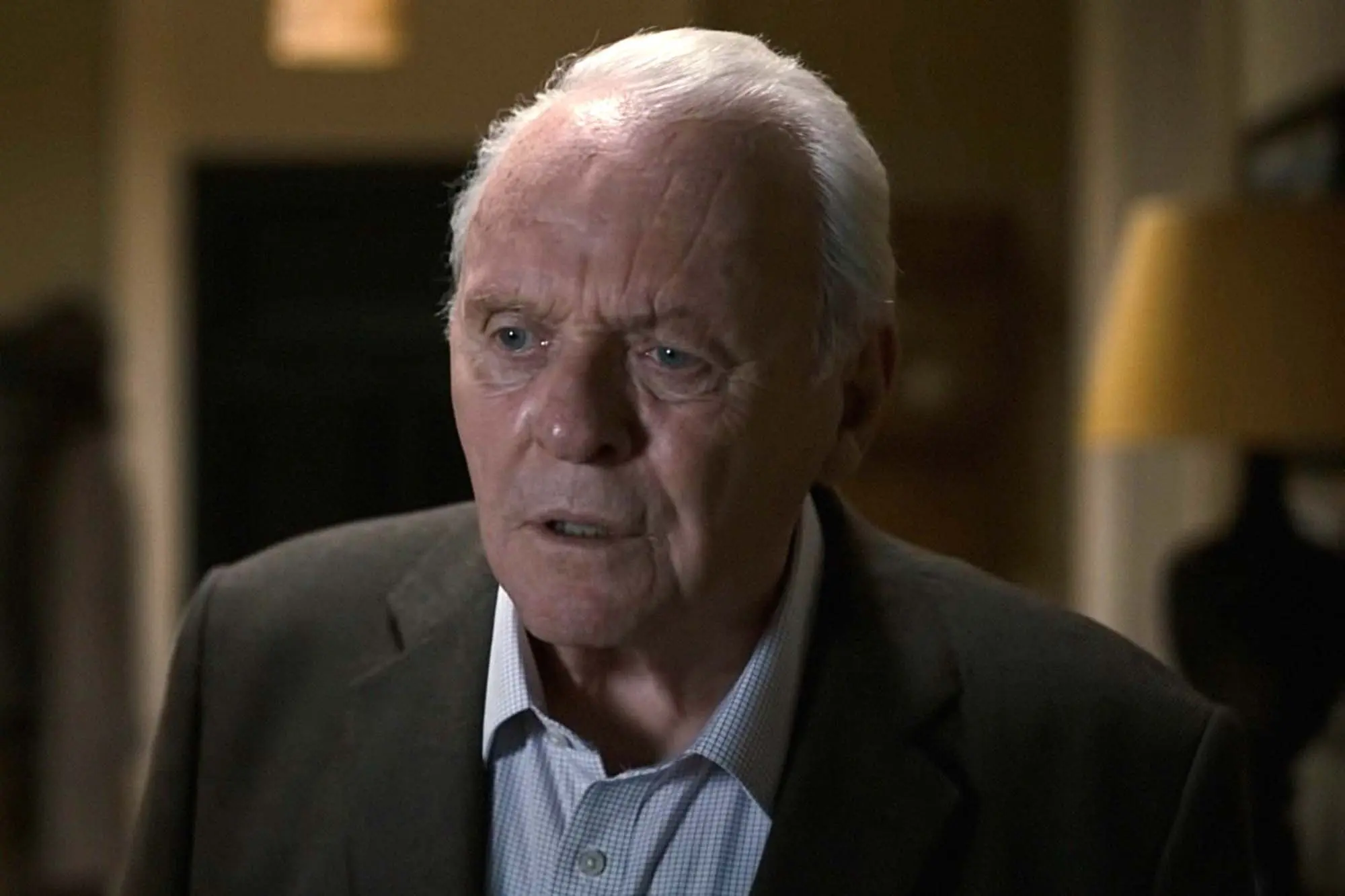How Anthony Hopkins Got Started in Acting

(Anthony Hopkins)
Sir Anthony Hopkins, one of the most revered actors of his generation, is celebrated for his masterful performances in films such as The Silence of the Lambs, The Remains of the Day, and The Father. His journey into acting was shaped by an unlikely start, a love for the arts, and the guidance of a legendary mentor.
Early Life and Inspiration
Anthony Hopkins was born on December 31, 1937, in Margam, a small village in Wales. Raised in a working-class family, he was the son of a baker. Hopkins often described himself as a solitary child, struggling academically and feeling out of place.
“I wasn’t much good at school,” Hopkins admitted in a 2016 interview with The Guardian. “I was a bit of a loner, more interested in painting, drawing, and playing the piano than in my studies.”
Hopkins found solace in the arts, particularly music and painting, but it wasn’t until his teenage years that acting became a focus. His inspiration came when he met Richard Burton, the legendary Welsh actor, who encouraged him to pursue acting.
“Richard Burton came back to our town as a great movie star, and I thought, ‘I want to do that,’” Hopkins recalled in a 2007 interview with The Telegraph. “He gave me hope that there was more out there than the life I was living.”
Training at the Royal Academy of Dramatic Art
Hopkins decided to pursue acting seriously and enrolled at the Royal Welsh College of Music & Drama in Cardiff, where he honed his skills and graduated in 1957. Following two years of mandatory military service, he gained a scholarship to the Royal Academy of Dramatic Art (RADA) in London.
“At RADA, I felt like I had found my place,” Hopkins said in a 2020 interview with Variety. “It was tough, but it taught me discipline and respect for the craft of acting.”
Early Career on Stage
After graduating from RADA, Hopkins joined the National Theatre in London in 1965, where he caught the attention of its director, Sir Laurence Olivier. Olivier took Hopkins under his wing, casting him as his understudy in The Dance of Death. When Olivier fell ill, Hopkins stepped into the role and earned rave reviews.
“That was a turning point,” Hopkins told Esquire in 1998. “Laurence Olivier believed in me and gave me opportunities that changed my life. I’ll always be grateful for that.”
Despite his success on stage, Hopkins found the routine of theater constraining. “I knew I didn’t want to stay in theater forever,” he shared in a 2012 interview with The Independent. “I craved the freedom and creativity of film.”
Transition to Film
Hopkins made his film debut in The Lion in Winter (1968), where he played Richard the Lionheart alongside Peter O’Toole and Katharine Hepburn. The role showcased his talent for intensity and depth, earning him widespread recognition.
“Working with Peter and Katharine was like attending a masterclass every day,” Hopkins said in a 1994 interview with The New York Times. “It gave me the confidence to take risks in my performances.”
In the years that followed, Hopkins balanced his work between film and television, delivering memorable performances in projects like War & Peace (1972) and Audrey Rose (1977).
Breakthrough Role: The Silence of the Lambs
While Hopkins had built a strong career by the 1980s, his portrayal of Dr. Hannibal Lecter in The Silence of the Lambs (1991) catapulted him to international fame. The role earned him an Academy Award for Best Actor and solidified his reputation as one of the greatest actors of his generation.
“I read the script and thought, ‘This is extraordinary,’” Hopkins shared in a 2001 interview with Entertainment Weekly. “I wanted to make Hannibal Lecter both terrifying and fascinating, and it became a role that defined my career.”
Commitment to Craft and Legacy
Hopkins’s career has been defined by his dedication to his craft. Known for his meticulous preparation, he famously memorizes his scripts word-for-word before stepping on set.
“I treat every role as if it’s the last one I’ll ever play,” Hopkins said in a 2018 interview with The Hollywood Reporter. “Acting is about commitment, and I’ve always given it everything I’ve got.”
Conclusion
From his humble beginnings in Wales to his status as a cinematic legend, Anthony Hopkins’s journey into acting is a story of inspiration, perseverance, and mastery. His career, spanning over six decades, stands as a testament to the transformative power of passion and dedication. As Hopkins himself once said, “If you’re going to do something, do it with your whole heart.”




